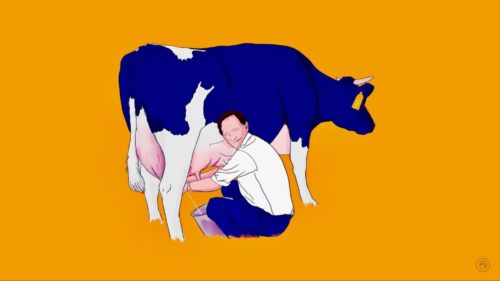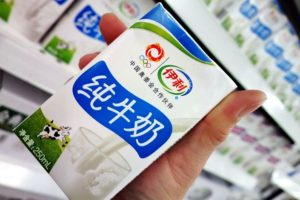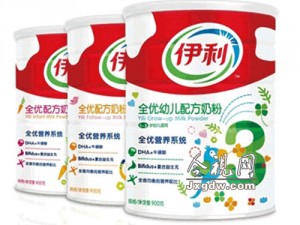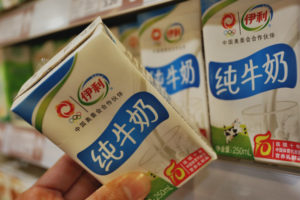Chinese parents increasingly trust and buy local infant formula brands
The infamous 2008 melamine milk scandal severely damaged the confidence of Chinese consumers in local baby milk powder brands, but a new generation of homegrown companies now dominates the market.
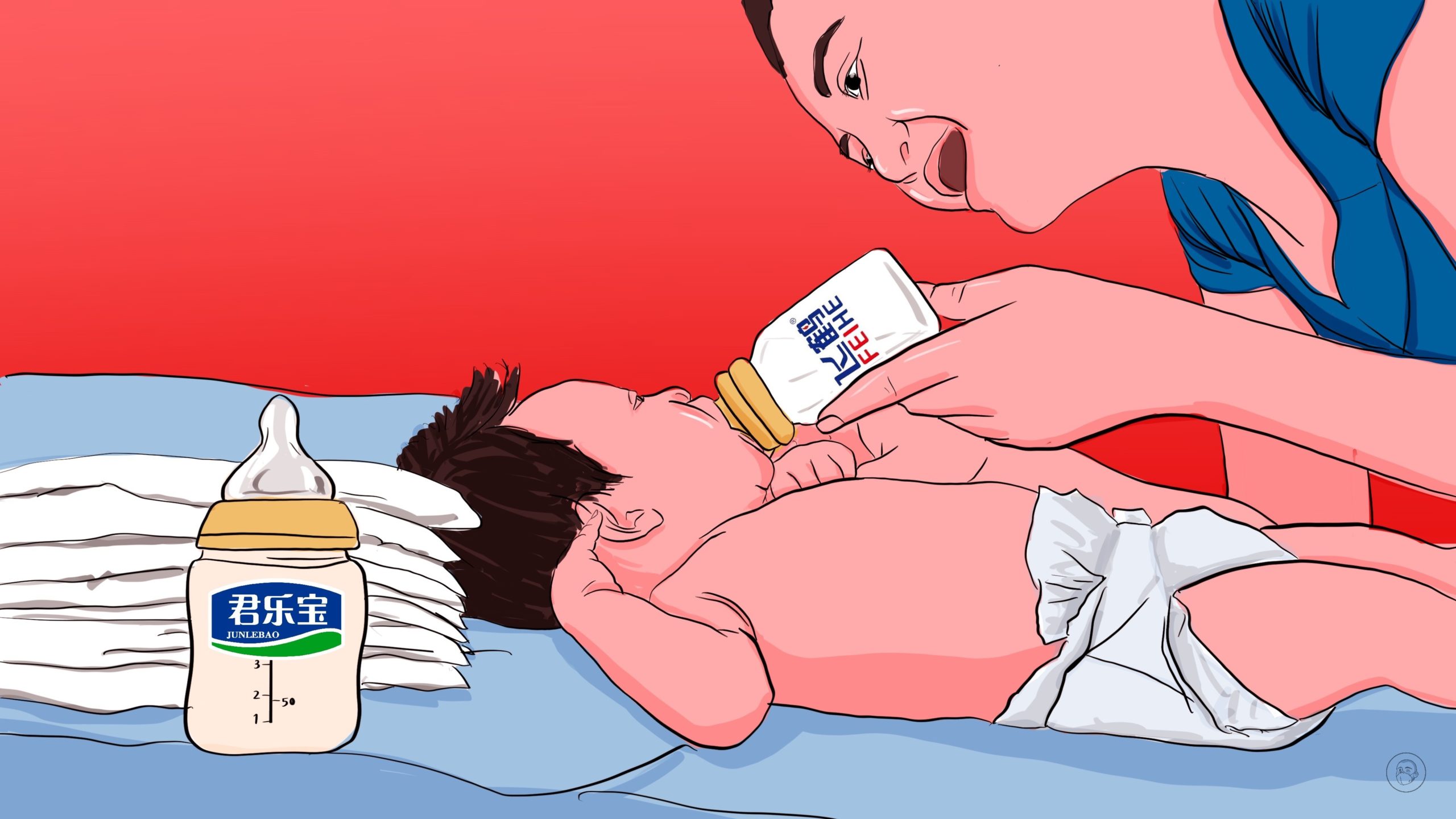
China is facing a demographic time bomb. According to the United Nations World Population Prospects 2022 report, China will experience negative population growth for the first time in 2023, and will become only the second country after Japan with a population of 100 million or more to do so. According to National Bureau of Statistics data, China’s birth rate declined for five consecutive years up to 2021, when the birth population amounted to only about 10.62 million babies and the birth rate fell below 1%.
Yet, ironically, China’s baby care market is expanding. According to data from iResearch, a Shanghai-based consulting firm, the scale of China’s baby care market (or “mother and baby market”), consisting of milk powder, diapers (nappies), food, and personal care products (toiletries), has increased steadily from 2016 — apart from a COVID hiccup in 2020 — reaching 3.46 trillion yuan (about $480 billion) in 2021. It is expected to reach 4 trillion (about $555 billion) in 2023.
Baby care products are increasingly sold online: In 2021, offline consumption still accounted for 66.2% of the total market, but online purchases amounted to 1.1 trillion yuan ($152.39 billion) in 2021, which was a 10% jump from the previous year.
But the market is probably even bigger than this. A report released in September this year by Chinese parenting website and app Babytree 宝宝树 and U.S. market research firm Nielsen provided a detailed perspective on the state of China’s baby care market. According to this report:
- The total scale of the market reached 4.78 trillion yuan ($662.20 billion) in 2021 and will reach 5 trillion yuan ($692.68 billion) in 2022.
- Chinese consumers are becoming more discerning: High-end products and brands, especially related to infant formula, are growing particularly rapidly, currently accounting for 26.4% of all sales in the baby care market.
- The pandemic era has caused a rapid increase in online sales for baby products, and increasing use of apps like Babytree.
Infant formula: Riding the national tide
The Babytree/Nielsen report found that China’s baby care industry, and especially the infant formula and diaper markets, is also part of the “national tide” (国潮 guócháo), a consumer trend that emphasizes Chinese culture and support for domestic businesses and brands.
As of June 2022, Chinese diaper brands accounted for no less than 86.1% of total sales in China. Yet it is the infant formula market that is most indicative of the state of China’s baby care industry. According to the Babytree/Nielsen report, infant formula is by far the largest segment of the baby care market, accounting for 72% of all sales.
China’s milk powder industry has come a long way since the 2008 melamine scandal, when 54,000 babies were hospitalized after drinking formula produced by the state-owned Sanlu Group 三鹿集团 that contained melamine. The scandal caused the market share of domestic formula companies to plummet as consumers shunned Chinese brands, and were willing to pay a high premium for imports.
But a few strong Chinese dairy brands have emerged in the last decade, and Chinese consumers “feel much more confident about the quality control of many local brands,” the founder of Shanghai-based marketing and branding agency China Skinny recently told The China Project. He also noted that local brands realized earlier than foreign brands that the high-end sector of the market was where the money was to be made.
The whole dairy industry is quite new in China, and consumption of infant formula is especially recent. China had no domestically produced formula before the 1980s, and breast milk research was only incorporated into government research programs in 2009, following the 2008 melamine scandal. An important turning point occurred in 2016, when China became the first country in the world to implement a formula registration system, and there are currently as many as 66 standards and testing indicators in China. Many smaller Chinese brands went out of business from 2016, and a small number of highly competitive companies emerged, led by China Feihe 中国飞鹤, Junlebao 君乐宝, and Yili Group 伊利集团. These companies vastly increased their investment in research and development on Chinese breast milk, and have been able to differentiate themselves from foreign competition by producing formula particularly suited to Chinese babies, and explicitly marketed as such.
By 2020, according to a report by research firm Euromonitor (cited by Chinese media), Chinese brands had overtaken foreign brands, accounting for a market share of 53%. The Babytree/Nielsen report roughly confirms this number, stating that as of June 2022, Chinese formula brands accounted for 56.4% of total formula sales in China. Other Chinese reports have put this share as high as 65%. Indeed, outside of China’s largest cities, the market share of domestic brands is even higher: In third- and fourth-tier cities, domestic brands account for about 60% of sales, while in still smaller urban areas, the proportion is as high as 75%. China Feihe is now the leading formula brand in China, and its annual revenue increased from 3.6 billion yuan ($498.73 million) in 2014 to 22.86 billion yuan ($3.16 billion) in 2021.
A new national standard for infant formula will be implemented in February 2023, and this will further increase consolidation in the industry and reduce the number of competitors. According to one industry insider, a formula producer will require at least eight months to complete the registration process for the new national standard, and it will cost at least 10 million yuan ($1.38 million). As much as a third of all formula brands will fall by the wayside next year due to the new national standard.
The takeaway
The new standards are likely to further increase Chinese consumers’ trust in the local brands that can pass the new standards. And while the whole market for infant formula and baby care will inevitably shrink with the population, there is plenty of growth to come for premium products.


